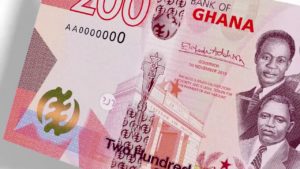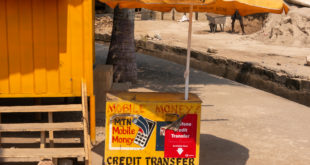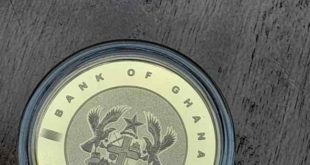The Ghana cedi ended the first half of this year with a marginal depreciation of 0.04% to the US dollar.
This was triggered by an uptick in demand over the second quarter which overturned the impressive appreciation in the first quarter of this year.
The Bank of Ghana’s policy interventions, particularly the Forex Forward Auction and the staggered payment of dividends by foreign banks to their shareholders aided the performance of the Ghana cedi.
The cedi’s half-year performance is similar to last year and one of the best in recent time.
Senior Economic Analyst at Databank Research, Courage Martey told Joy Business in an interview, monitored by GhArticles, uptick in demand particularly from large corporates and multinationals culminated in a weakened Ghana cedi in the second quarter of 2021.

“After the impressive performance we saw from the Ghana cedi in the first quarter of this year with a gain of about 0.55% against the dollar, the cedi could not hold onto that gain in the second quarter because we saw an uptick in demand particularly from corporate and multinational within the second quarter of the year.”
“And this demand pressure was further worsened by limited supply of forex on the market despite the Central Bank’s intervention on the forward forex market; because of this demand pressure, in the second quarter of this year, the depreciation we recorded overturned the appreciation we enjoyed in the first quarter of this year”, Mr. Martey added.
“Over the course of the first half of this year, the cedi lost marginally by about 0.04 to the dollar”, he emphasised.

The cedi ended the first quarter of this year as the best performing currency in Africa.
This follows the about 0.56% against the dollar, similar to 2020 performance.
The strong performance made it the best currency among 15 important African countries, including the Egyptian pound, Nigerian naira and South African rand.
Source: GhArticles.com
 GhArticles.com Every News in Detail
GhArticles.com Every News in Detail



